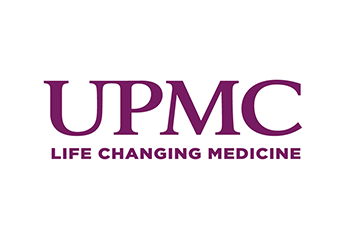Breakthrough in Breast Cancer Research
Breakthrough in research saves lives for breast cancer patients
In an exciting breakthrough in breast cancer treatment, Professor Arnie Hill, leading breast surgeon and Chairman, Breast Cancer Ireland (BCI), announced that liquid biopsies, or simple blood tests, have now been developed that can detect cancerous tumours. The blood tests show the existence of breast cancer tumours in the DNA at every stage, even stage 4 tumours that have spread.
Up to now, surgical biopsies have been used routinely to diagnose the presence of cancer and to confirm potential treatment options. These procedures can be painful, invasive and not always possible in the case of metastatic tumours that return after failed treatment. Recent findings from BCI-sponsored laboratories in the Royal College of Surgeons in Ireland (RCSI) support results published internationally. By tracking and scanning blood samples for known faulty genes, researchers are now able to detect the cancer tumour seven months, on average, before clinical progression.
As well as raising funds to support pioneering research nationally, BCI also invests in the recruitment of specialist breast cancer research nurses for each of the designated cancer centres. Their role is to collaborate across centres, collecting tissue and serum samples from patients into one large national bioresource, as part of these liquid biopsy studies.
These studies, in turn, help BCI funded researchers, clinicians and scientists in their quest to develop suitable biomarkers that are capable of predicting which patients will or will not respond to standard hormonal therapy. These important discoveries are life-saving for many patients with advanced breast cancer, as earlier detection allows for alternative treatment plans to be put into place.
Breast Cancer Ireland CEO Aisling Hurley comments, “To mark the end of Breast Cancer Awareness Month we wanted to share further exciting breakthroughs in breast cancer research and treatment. We wish to acknowledge that these developments have come about as a direct result of the enormous generosity of the public, our friends and supporters. Together, they help us to make a difference and change the landscape of breast cancer into the future.”
Professor Arnie Hill adds, “Discovery times in our labs have greatly improved as a direct result of increased investment in research, and we are coming ever closer to our aim of transforming breast cancer from often being a fatal disease to making it a treatable condition that can be managed long-term.”

















